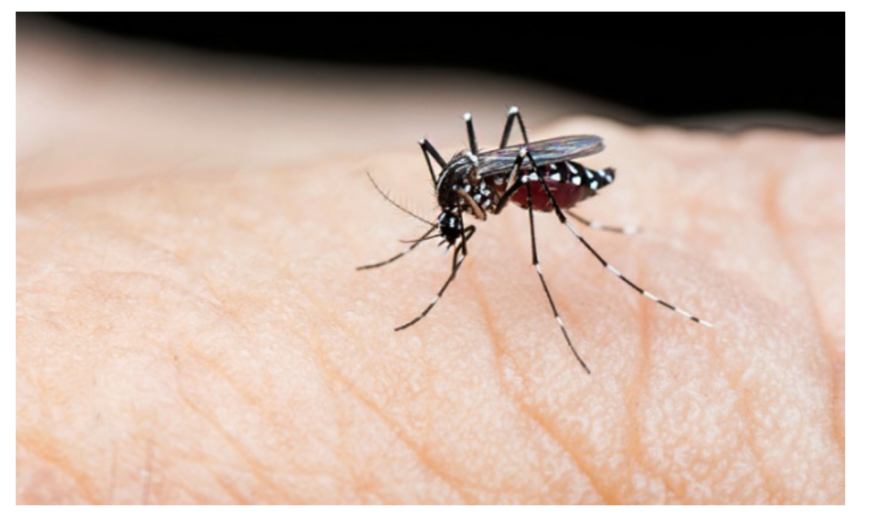28 September, 2023. In recent weeks, Bangladesh has experienced its most severe outbreak of dengue, resulting in nearly 1,000 deaths, according to authorities.
This outbreak has been exacerbated by unusually heavy monsoon rains, which have created ideal breeding conditions for the mosquitoes that transmit the dengue virus in stagnant and unclean water.
Efforts to contain the disease have faced significant challenges, leading to critical overcrowding in hospitals.
Dengue can cause severe symptoms, including internal bleeding, and in some cases, it can be fatal.
Common symptoms of dengue include headaches, nausea, and joint and muscle pain.
Dengue is endemic in tropical regions and tends to occur more frequently in urban areas with poor sanitation, which facilitates the proliferation of virus-carrying mosquitoes.
While it used to be a seasonal concern in Bangladesh, the changing climate, characterized by hotter and wetter monsoons due to climate change, has led to more frequent outbreaks since the first recorded instance in 2000.
This current outbreak has caught the country off guard, as it is linked to a more virulent strain of the virus. Doctors have observed that patients with dengue are deteriorating more rapidly compared to previous years.
Over the past two months, the country has witnessed up to 20 dengue-related deaths daily, surpassing the total number of deaths from the disease in the past 22 years.
In response, Bangladesh has initiated public awareness campaigns to prevent the formation of mosquito breeding sites.
However, according to Dr. Mushtaq Hussain, a public health expert, there is a need for more extensive efforts to combat this outbreak.
Those concerned think that it may be a temporary disease and that it will go away after a few days, so no effective or long-term measures are being taken,” he told the BBC Bengali service.

